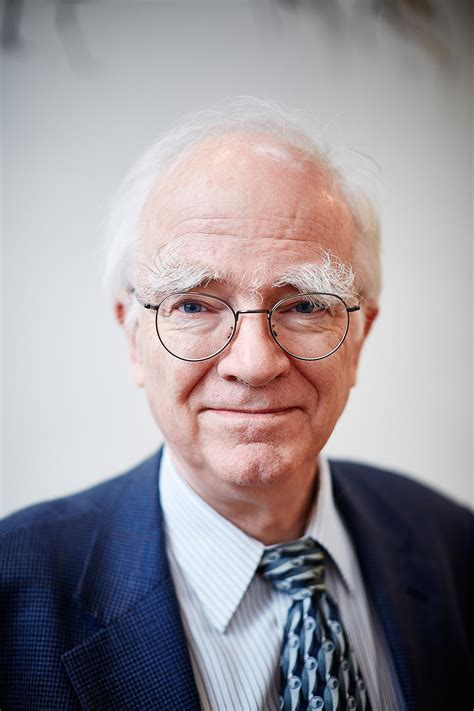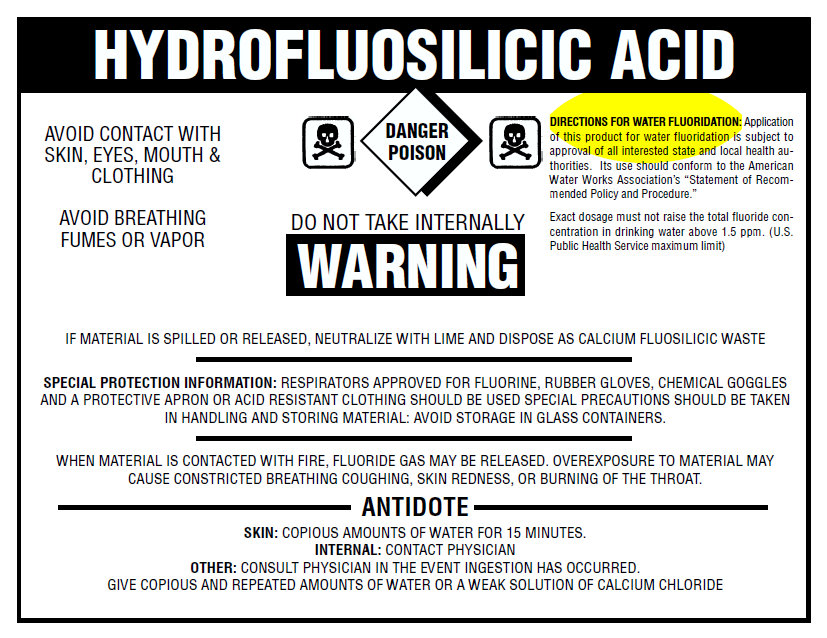that the available data is too inconsistent, and leaves too many questions, to allow it to conclude that there is a demonstrable hazard or any clear dose-response curve for the alleged harm by fluoride to children’s brains.
No risk assessment possible?
In sum, EPA is saying: no clear hazards, so no ability to engage in risk assessment. With no risk assessment, EPA is off the hook, and there is no need for it to do anything. There is nothing for it to prove, there is no burden of demonstrating the safety of water fluoridation – the only burden of proof is on the plaintiffs. And they say the plaintiffs have not met their burden of proof and therefore the judge should rule against them, finding EPA blameless.
Mexico City study finds lower IQ
The plaintiff’s lineup of experts was stellar: some of the most widely acclaimed fluoride researchers in the world. Physician-scientist Howard Hu, MD, MPH, a professor at the University of Southern California, was a co-author of the NIH-funded ELEMENT (Early Life) study on a mother-child cohort in Mexico City, where fluoridated salt is involved instead of fluoride added to the water. The ELEMENT study found that the fluoride in the mother’s urine correlated with lower IQ in children at age four and at ages six-12.
Dr Lanphear was also a co-author of another 2019 study that found that children who had been bottle fed in fluoridated communities had much lower IQ s than children who had been nursed by their mother’s breast milk. Breast milk is very low in fluoride, even in communities where the water is fluoridated.
their children. He did not publish the results from the Odense data by itself, because Denmark is not fluoridated and so there were no significant higher-dosed mother-child pairs to compare with lower-dosed ones. He didn’t expect his Odense data to reveal a fluoride hazard by itself.
EPA expert ignorant of Roholm research and much more
EPA’s science experts, David Savitz, PhD and Stanley Barone, PhD , are admittedly not fluoride experts and have never published any research on fluoride. Savitz is a Professor of Epidemiology at Brown University and Baron is a risk assessment scientist at the EPA. Upon cross examination, Savitz made several stunning admissions. Namely, he didn’t know anything about Kaj Roholm’s research in Denmark. Roholm was the world’s first great fluoride researcher, and he documented the severe harm that fluoride caused in occupational exposure of workers at a cryolite plant and compared it to harm caused by fluoride in pigs, rats, and dogs.
Roholm published a book on his findings, and because of Roholm’s honest science reports most of Europe never fluoridated its water. Savitz admitted he know nothing of the work of Phyllis Mullenix, PhD, who published a landmark paper in 1995 establishing that, in her animal study, fluoride dramatically harms brain development. Following her work, the scientists at the EPA mounted a protest effort against EPA’s anti-science stance on fluoride. Savitz admitted that, while he’d heard about the NRC’s landmark review on fluoride and drinking water, he’d never read it.






